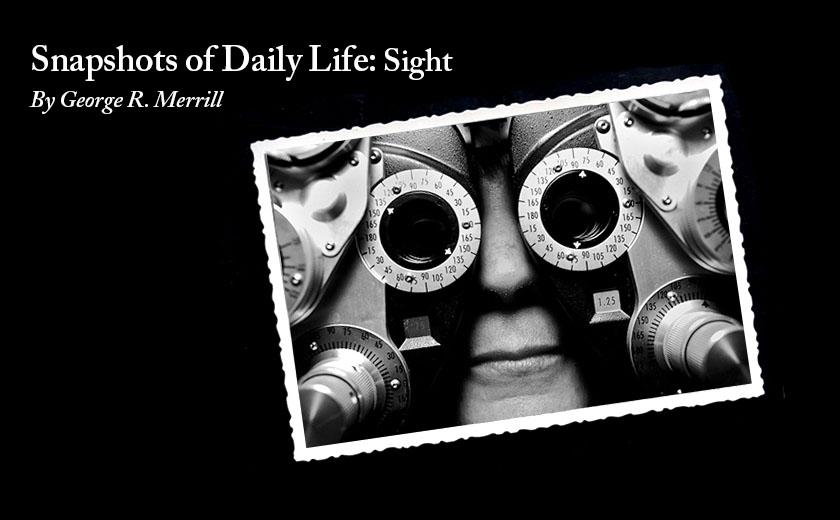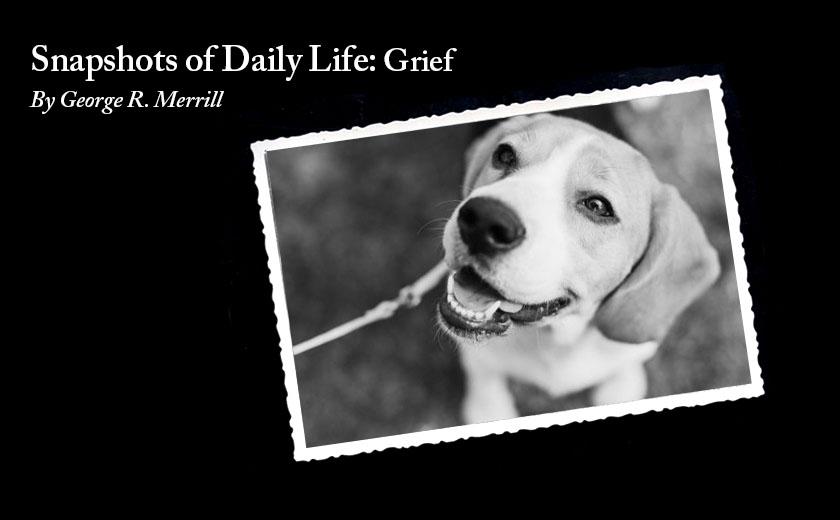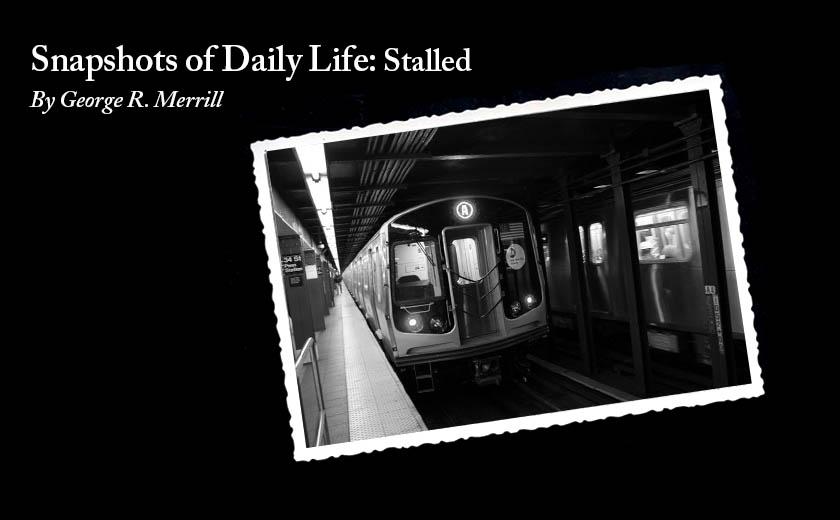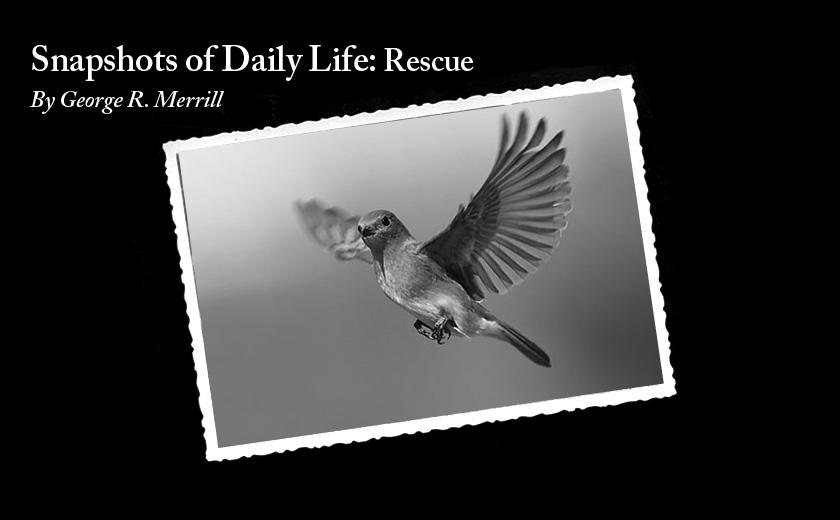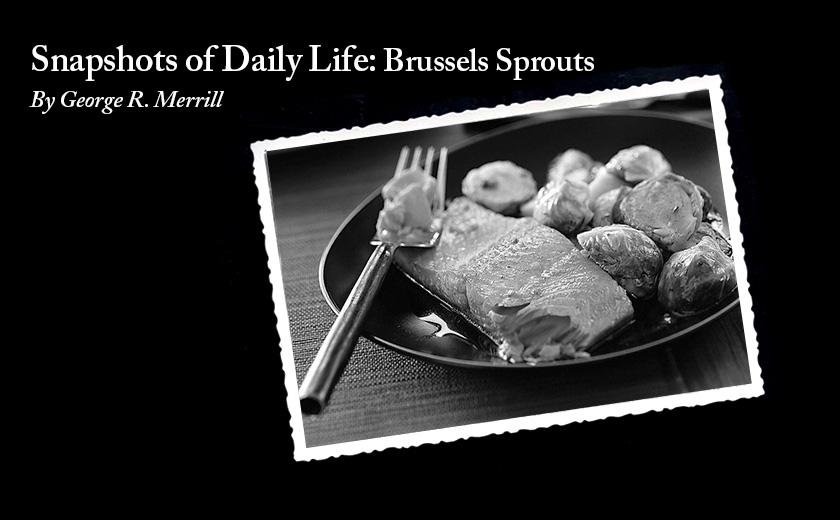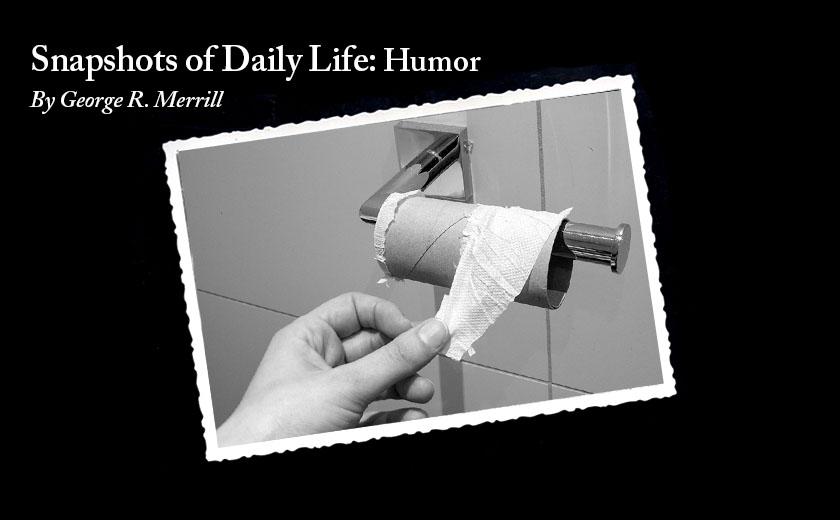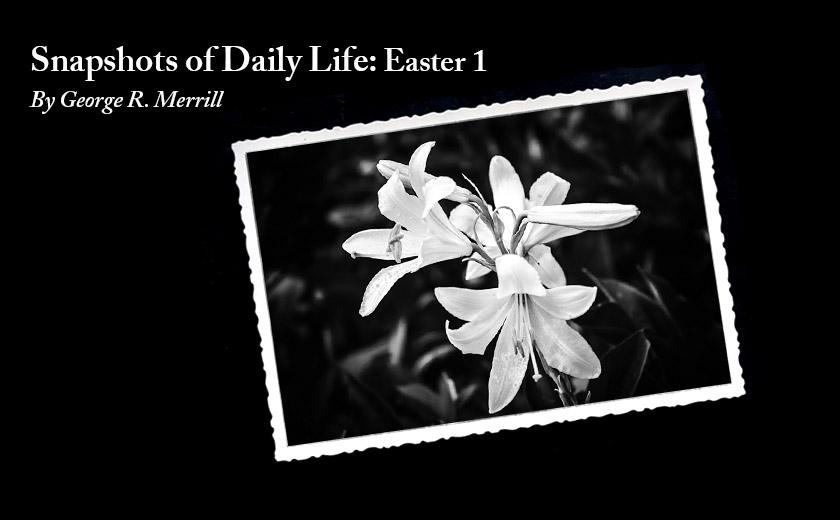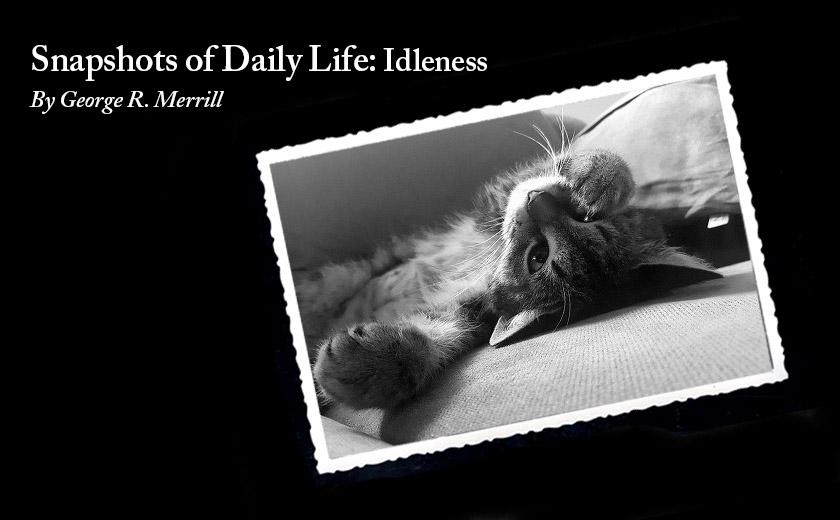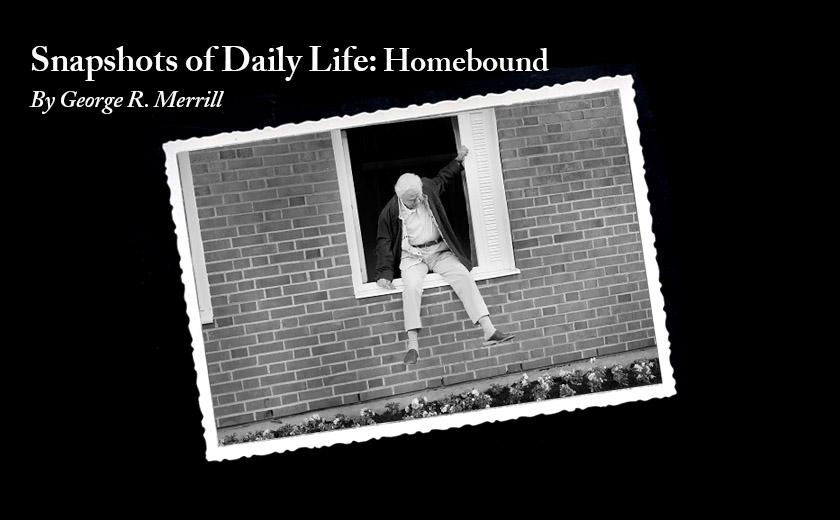Ever had that feeling, ‘enough is enough, already?’ I did, the other day.
The day started off badly with a sour stomach, but not from something I ate. It was from something I read.
Armed right-wing militia groups were reported patrolling the streets of a small Idaho town to rout “outside protesters” rumored to come there. They were not an authorized militia. They weren’t poor and scraping by; the hardware they carried cost a fortune. A photograph showed armed white men, angry and looking predatory, carrying automatic weapons prepared to do vigilante justice. This was an exercise in intimidation and another glorification of force as the means of conflict resolution and domination. The vast majority of African-Americans, citizens who had been legitimate victims of real injustice, did not bring assault rifles to protests when making their case. In a country that has it all, blacks have little and were asking for their fair share.
The scene in Idaho discouraged me, my body felt heavy, my spirit ached. Witnessing force is oppressive. I react viscerally when I see it; I feel as though I’m being suffocated. It’s a terrible feeling.
I opted to get out and take a walk. It helps soothe me. Walking doesn’t necessarily lift all the depression or mitigate the sorrow. Taking in the outdoors can repair my stressed internal connectors that keep me linked to what’s good. I walk, take a deep breath and rekindle hope. When I feel especially helpless to change anything, I look for a sign, anything to reassure me that in this troubled world, the power of goodness survives.
My driveway is thick with trees on both sides. Many are conifers. Their needles, high in the upper branches of the tree, catch the early morning light and shimmer. No matter what time of day, tree trunks are always softly illuminated by the light descending from the treetops.
One tree seemed mammoth as I walked by it; so large, at first I couldn’t believe it. I returned later to measure it. The trunk was 78 inches around. The tree conveyed solidity, grounding, serenity; roots fixed deep in the earth as if feeding from a source as timeless as creation. I liked feeling that there was something eternal, a place where I might feel grounded and be serene, like the still point of a spinning world. Being among these trees momentarily comforted me. They witnessed to the beauty of constancy and the reassurance of quiet strength, what is durable and substantial about life.
Staying rooted and grounded is challenging these days. Hatred and brutal displays of force, in one form or another, continually attempt to uproot us.
My bad day began being exposed to brute force and intimidation. Force seems everywhere, glorified by weapons. Force, however, is different from power: power inspires and creates possibilities; force overwhelms and dominates.
America was founded by visionaries. The fledgling nation couldn’t mobilize much force, but marshalled a remarkable capacity to empower people by its vision of government. Empowerment was America’s strength which, I believe, is why the present strategy to make America great again is a bad idea. The ‘greatness’ being pitched is banal; it’s all about acquiring, and nothing about inspiring. The scheme is predicated on equipping America to dominate the world economically and militarily. It has nothing to do with practicing the values its founders held.
Human history is filled with myths. Many myths include trees. Myths are timeless and speak to the way things never were, but always are. The Garden of Eden is a familiar one. It enjoys a certain status in pop culture since the image of Adam and Eve, au natural, evokes erotic fantasies. Strictly speaking, I suppose, the story is about carnal appetites, but not sexual ones. It’s a story about a couple who have it all and want more.
Genesis describes Eden as lush and verdant with “trees that were pleasing to the eye and good for food.” Abundant wildlife, natural resources galore, and fresh water from the streams. In one river “there is gold . . . aromatic resin and onyx are also there.” The climate is temperate. This is a piece of real estate to die for. It has it all.
When Adam and Eve take up residence there, we now have a couple who has it all. One tree is off limits. No sooner does the couple see its fruit, they simply must have it. Even when they have it all, they want more.
America is wealthy. It’s powerful and rich in natural resources. In principle, it has a uniquely inspired democracy. Notwithstanding its unresolved problems it’s not unreasonable to say, most Americans have it all.
Sadly, Americans elected a leader who has it all . . . well, maybe not all, but as much as he can possibly get. His vision of America is a gated community. The power of America is not its values but its walls and the force to secure them. He wants it all and doesn’t want to share our bounty with others.
Adam and Eve didn’t tend and care for the garden as they were first instructed. Instead they indulged those insatiable appetites, the same kind with which today’s consumerist culture plays us. The indulgence cost the first couple what they had.
We have enough. Developing ways to tend and wisely use what we already have is our challenge. The truly powerful use force judiciously. They know when enough is enough. It’s all about having a well-grounded sense of “enoughness.”
There’s power inherent in a single tree. There’s power, too, in a single life.
Columnist George Merrill is an Episcopal Church priest and pastoral psychotherapist. A writer and photographer, he’s authored two books on spirituality: Reflections: Psychological and Spiritual Images of the Heart and The Bay of the Mother of God: A Yankee Discovers the Chesapeake Bay. He is a native New Yorker, previously directing counseling services in Hartford, Connecticut, and in Baltimore. George’s essays, some award winning, have appeared in regional magazines and are broadcast twice monthly on Delmarva Public Radio.


